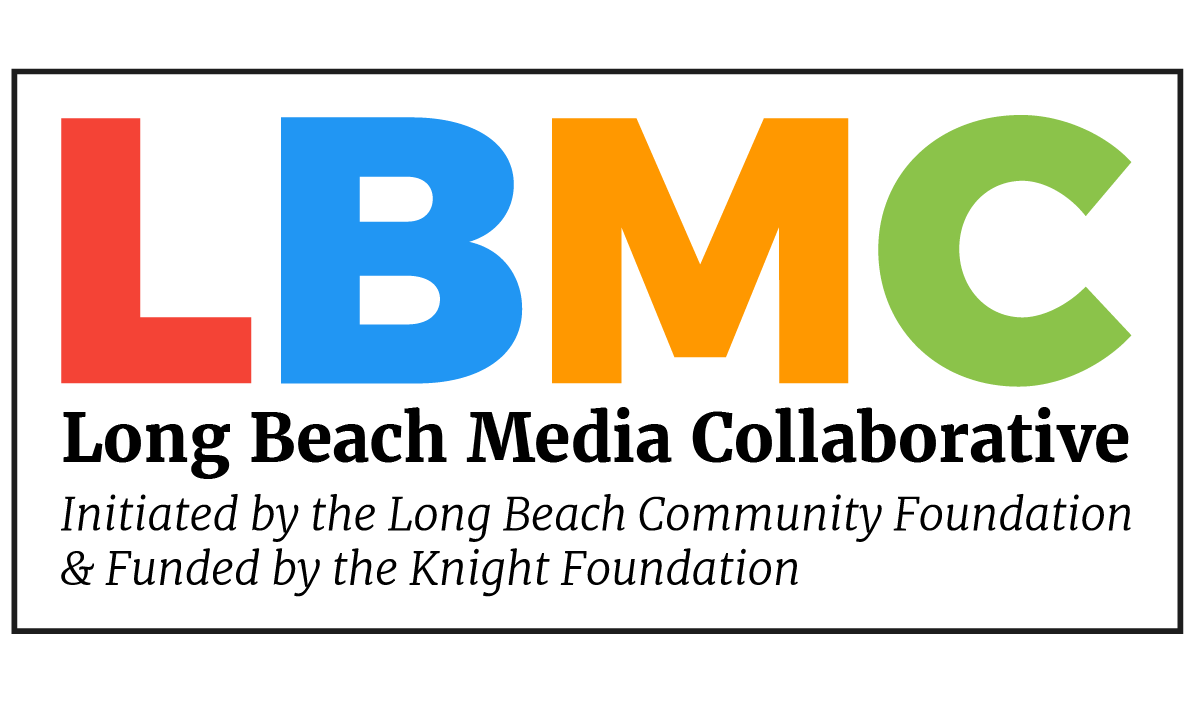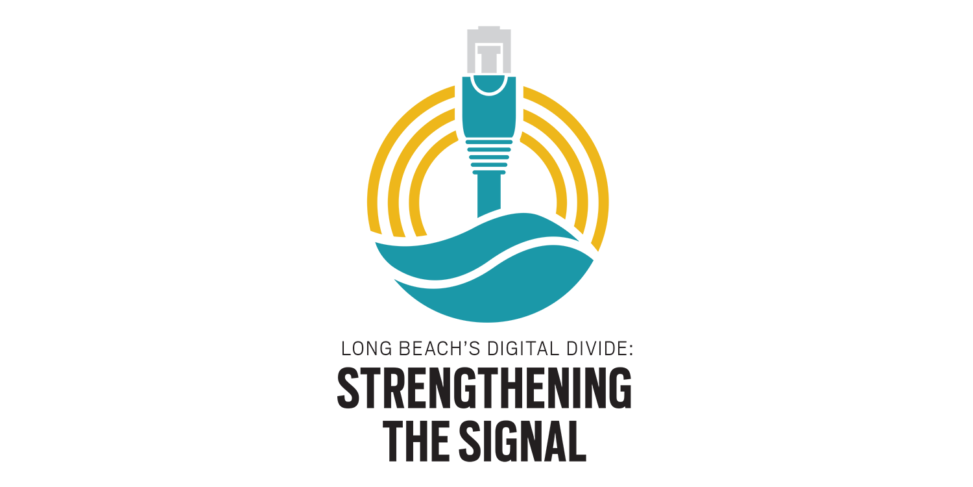In 2017, four Long Beach news organizations — otherwise rivals in a highly competitive news market — came together in a first-of-its-kind partnership to tackle a major issue affecting one of California’s largest, most diverse and most complex cities.
The mission: Help bridge the digital divide.
Aiming to tackle the issue by leveraging the power of several local journalism outlets, the Press-Telegram, Long Beach Post, Grunion Gazette and Long Beach Business Journal worked together as the Long Beach Media Collaborative. The concept was initiated by the Long Beach Community Foundation, with the initiative funded in part by the Knight Foundation.
The result: “Strengthening the Signal,” a series comprised of more than two dozen articles, photos, infographics, videos and social-media pieces that spotlighted the story of Long Beach’s disconnected.
Key Findings
The series, which ran in print and online from Oct. 24, 2017, to Dec. 22, 2017, dove into the causes and effects of the divide — and dug deep for potential solutions. The series:
- Examined the impact the lack of consistent access to high-speed Internet can have on student performance, future employability and economic mobility;
- Researched strategies for the gap has been tackled elsewhere to varying degrees of success;
- Solicited experts’ views on potential programs and policies that could be put in place locally to ease the electronic disparity.
Over the course of several months, Long Beach Media Collaborative reporters pored through hundreds of pages of documents and interviewed dozens of experts, elected officials, educators and those deeply affected by the digital divide in Long Beach — especially children.
Our reporting found that:
- 25 percent of Long Beach residents do not have broadband service — and 10 percent go online at home only because they possess a smartphone;
- The city’s poorest and most diverse neighborhoods are hit hardest by lack of access;
- While just 7 percent of whites living in Long Beach lack an Internet connection, the percentage rises to 12.4 percent for Asian-American residents, 16.9 percent for Latinos and 19.2 percent for blacks;
- Long Beach libraries are overwhelmed by those who need their computers for internet access. While checkouts have declined by about 14 percent since 2010, cardholder numbers have increased by 11 percent during that same time period.
The Results
As a result of our reporting, Long Beach city officials moved the issue from its political back-burner to the forefront.
The Long Beach City Council endorsed a $67 million program to replace outdated communications equipment, invest in technology systems and double the fiber network, a vital part of bridging the digital divide. The $17 million fiber component is expected to be built in partnership with telecom firms.
Mayor Robert Garcia also is pushing to expand WiFi access opportunities and is calling on the city’s Technology and Innovation Commission to reach out to Long Beach’s disconnected and make recommendations going forward. City officials have initiated discussions with a nonprofit about the possibility of targeting middle school students in neighborhoods where families cannot afford computers.
The Long Beach Media Collaborative’s series also netted two significant journalism honors: a 2017 California Journalism Award for Public Service Journalism from the California News Publishers Association, and first place in the category of business from the Los Angeles Press Club.
“The series ‘Strengthening the Signal,’ is an example of the in-depth, high quality, local and relevant coverage enhanced by collaborative reporting,” said Marcelle Epley, president & CEO of Long Beach Community Foundation. “Their outstanding work is demonstrated by the two industry awards received, prioritization of the issue by City Council, and the replication of this reporting model throughout the country.”


Comments are closed.